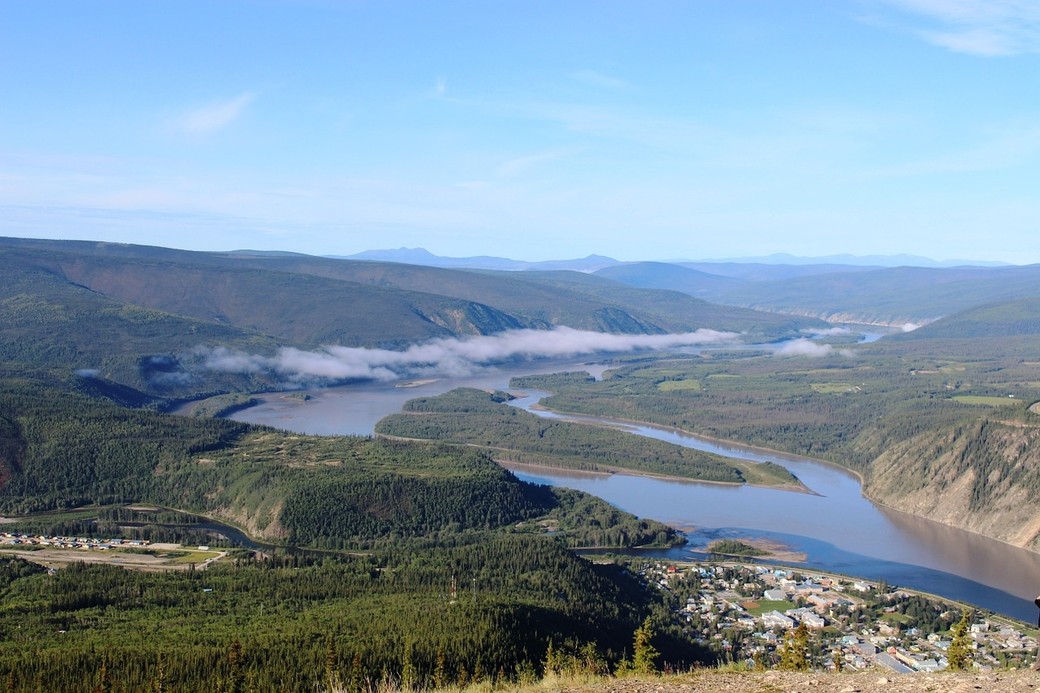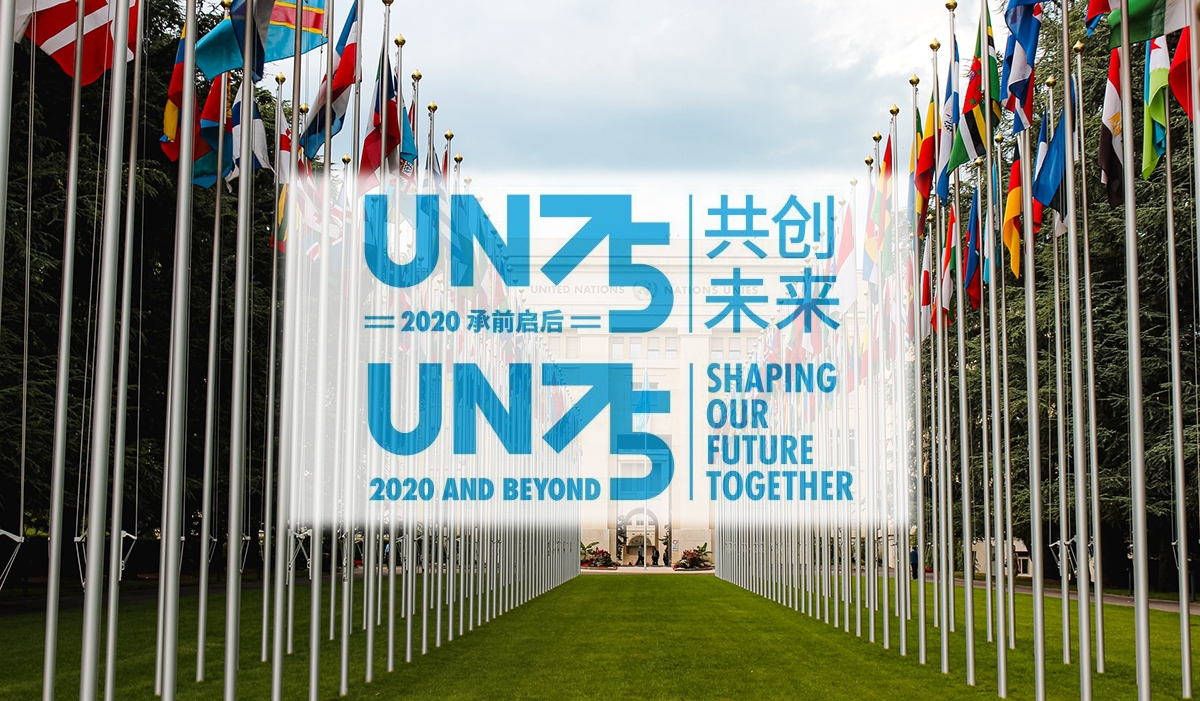
Former PM John Turner and the Arctic Youth Corps
Should Justin Trudeau’s Liberals revive a 1965 Throne Speech promise?
“I really became a Canadian when I got to know Canada north of the 60th parallel… I have never felt more Canadian than when alone with my thoughts in the remote northern vastness.”
—Former Prime Minister John Turner
Former Prime Minister John Turner has canoed every river in Canada that empties into the Arctic Ocean. As a young parliamentary secretary to Arthur Laing, the minister of Northern Affairs and National Resources under Lester Pearson, he came to know the northern reaches of the country intimately.
While it is the current prime minister, Stephen Harper, who now garners arctic headlines, perhaps the Liberal Party should be reviving a policy idea Turner brought forward to the Pearson government in the 1960s.
Turner accompanied Laing on a trip to the Arctic during two consecutive summers, in 1963-64, and he was deeply affected by what he saw. From Cape Dorset to Port Burwell and many other Arctic communities, Turner saw the Inuit people in a realistic—although precarious—light. They were leaving their old ways behind, but yet not sure how to embrace the opportunities of capitalism that southern Canadians simply took for granted. As his biographer, Paul Litt, has pointed out, Turner wanted the Inuit to develop their own commercial enterprises, so they could run self-sustaining businesses. He believed in encouraging southern Canadian investment in the north.
Part of what Turner saw as a disconnect between the Inuit way of life and southern Canada was the lack of opportunity for the two to ever meet. It was this lack of connection—and the fact that there was no capacity to make it happen—that weighed heavily on him when he sat down to come up with policy options for the Pearson government.
One of his most inspired ideas has been lost in history’s pages – although it was both exciting enough and practical enough for the Pearson government of the day to include it in the 1965 Speech from the Throne. Turner proposed the formation of the Arctic Youth Corps, modelled after the United States’ Peace Corps.
In the US version, the Peace Corps sends Americans abroad to work at the grassroots level, in an effort to create sustainable change in communities. Turner’s vision was to see the potential for young people from southern Canada to get to know the northern realities of their country. He knew that it was sustainability that was needed in the arctic and that such a program might go a long way in building economic and social bridges between north and south.
He also knew that young Canadians who served in the Arctic Youth Corps would carry this knowledge into subsequent generations. It would be a legacy of real value passed on from one generation to the next.
In a recent interview with Turner, it was clear he believed the Arctic Youth Corps remains a viable idea, declaring that it would “open up the eyes of our young people to our great north.”
While he gives Prime Minister Harper credit for “taking a great interest” in Canada’s arctic, he also notes that “we haven’t done as much as we should.”
Turner says transportation development, education, and a broad range of business opportunities needs to be encouraged in the far north so it can attain its potential. Showcasing what the Inuit people can do with a hand up in infrastructure matters will be important. The Arctic Youth Corps could be a crucial, bridge-building link that is also relatively cost effective, compared to many other arctic initiatives.
Like many who have visited the Canadian arctic, Turner was never able to free himself from its pull. His personal interest remained, even when he moved into other political portfolios. Given Liberal leader Justin Trudeau’s teaching background and his interest in Canadian youth, he could do worse than to revive a celebrated – albeit forgotten—policy idea from the most senior Liberal statesman in Canada.
By Roderick Benns
Roderick Benns is the publisher of Leaders and Legacies and the owner of Fireside Publishing House.










